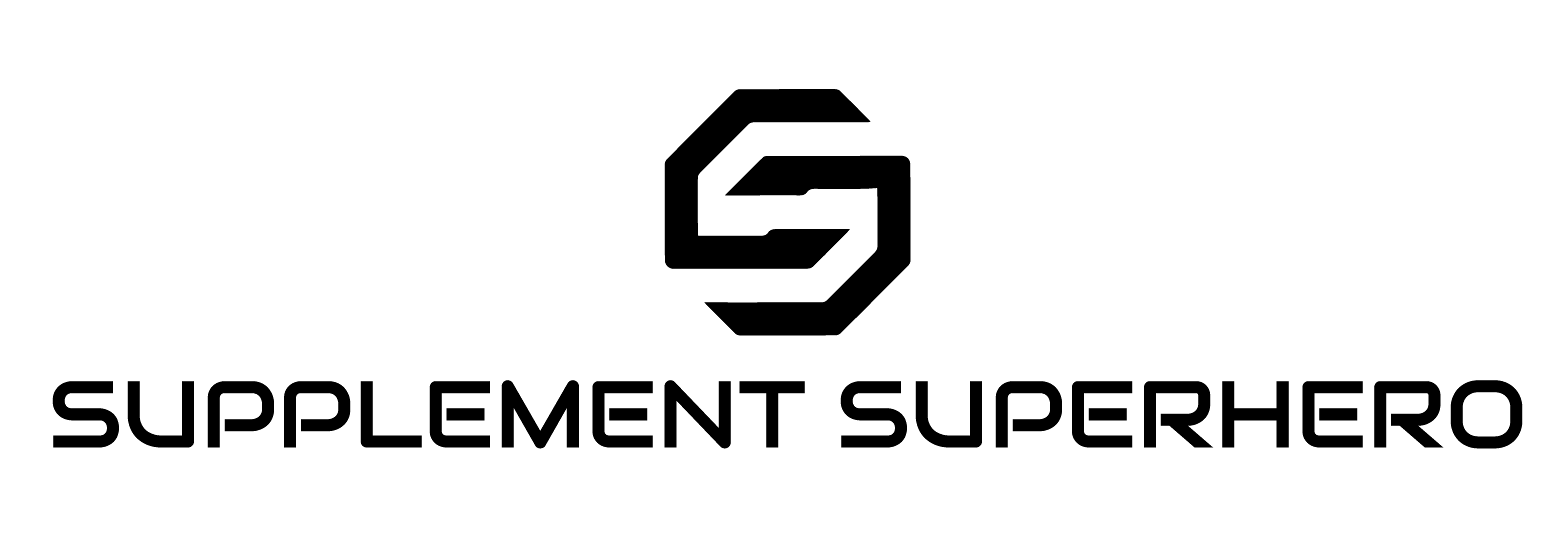Table of Contents
Introduction

Eating the right kinds of foods is essential to good health; however, most of the time, the foods that we eat lack the necessary vitamins and minerals.
This is the reason why it is important to take dietary supplements. With dietary supplements, we are able to fill up for what is lacking in our daily food intake.
Your nutrition can be boosted, whatever your age is, if you take the necessary vitamins and supplements. However, since there are a lot of vitamins and supplements out there, you can have a difficult time choosing which ones are best for your needs.
There are some supplements that will be more beneficial to you than others depending on your diet, routine, lifestyle, and stage in life.
There are different biological needs for women in their 30s, 40s, and 50s. and each stage has its own unique goals related to health. No matter what your age is, it’s important that you pay attention to the needs of your body as it evolves.
Below are some of the best supplements that can be incredibly beneficial to women.
Iron
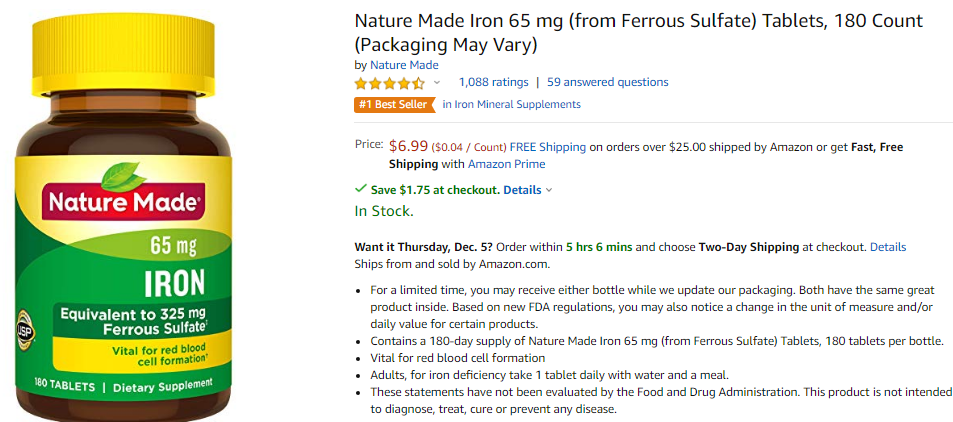
It is important for women to give more attention to their iron intake than men.
Men between the ages of 19 to 50 are recommended to consume 8 mg of iron daily while women of the same age group are encouraged to consume around 18 mg daily. 27 mg of iron is needed by pregnant women daily while women over 51 years are required 8 mg daily.
With iron, the amount of red blood cells in our bodies is increased and it also helps keep the blood healthy. If you have too little iron in your body, then it leads to anemia. If you are anemic, then you will often experience tiredness, restless leg, insomnia, the overall loss of energy, and headaches.
Women who don’t consume a lot of meat, athletes, pregnant women and women with heavy menstrual cycles, are often prone to iron deficiency.
Iron can come from both animal and plant sources. Animal sources include meat, fish, and eggs. Plant sources include dark leafy green vegetables, nuts, and seeds.
The body absorbs iron from animal sources better than iron from plant sources. But, if you take those plant sources together with food rich in vitamin C, such as strawberries, orange juice, or red, yellow, or green peppers, then the aborption of iron can be improved.
Calcium
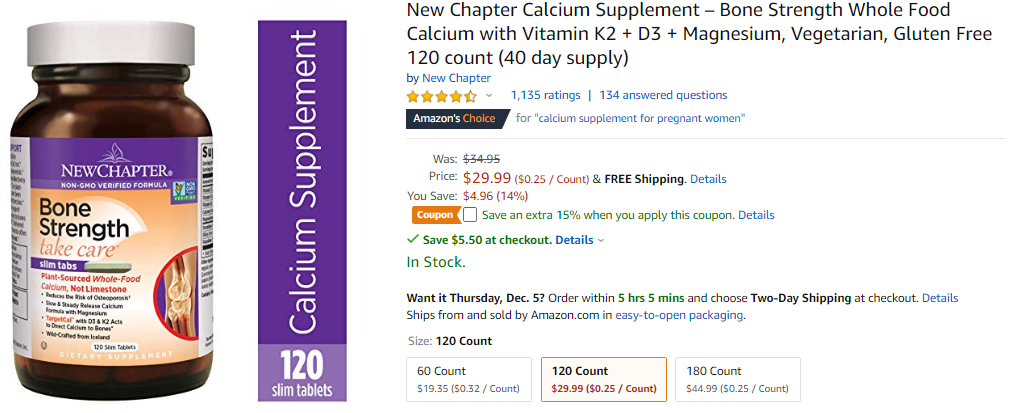
Calcium in the body is primarily stored in the bones. Calcium supports bone function and makes their structure strong.
It is important that as you advance in age, you get enough calcium as these parts of the body begin to weaken. Women should take enough calcium throughout their lives. If you are still in your 20s, it may be a good idea to build more bone density because, in later years, you will lose some of that bone mass.
You can take calcium in your diet through dairy products, beans, calcium-fortified orange juice, cereal, salmon, and almonds. However, if you are not receiving enough calcium from these food items, then you should consider taking a calcium supplement.
If you are approaching menopause, less estrogen is produced in your body. You will then be at great risk of heart disease, osteoporosis, and other complications. At this age, it’s imporant to build and maintain healthy bones and to do that you need to do exercises for weight-bearing, and muscle strengthening.
Aside from exercises, you need to take the recommended daily allowance of calcium which is 1200 mg for women 50 years or older.
Magnesium
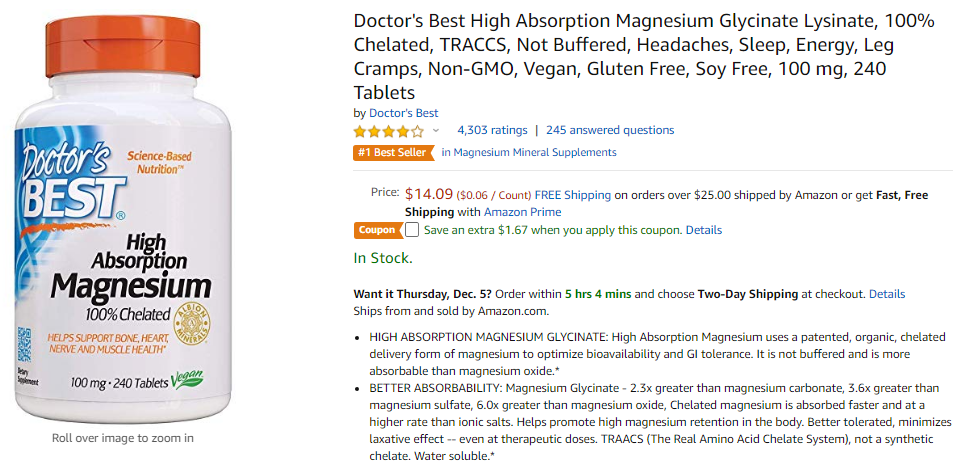
Magnesium supports hundreds of bodily processes. This is the reason why it is important throughout each stage of life.
Magnesium helps in tooth and bone formation, physical and cognitive development and having a healthy pregnancy. Women older than 40 need to take magnesium to build stronger bones and prevent bone loss that leads to osteoporosis.
Blood pressure and blood sugar levels are also regulated with magnesium. This helps reduce the risk of heart disease and diabetes.
Magnesium deficiency can be caused by consuming too much processed food. Absorption of magnesium is blocked when you don’t eat enough unprocessed foods. If you have a magnesium deficiency, you can experience unexplained fatigue, muscle cramps, mood disorders, irregular heartbeat, high blood pressure, nausea, and muscle weakness.
Magnesium can be obtained from legumes, nuts, whole grains, seeds, fortified cereals, and leafy green vegetables like spinach.
Vitamin D
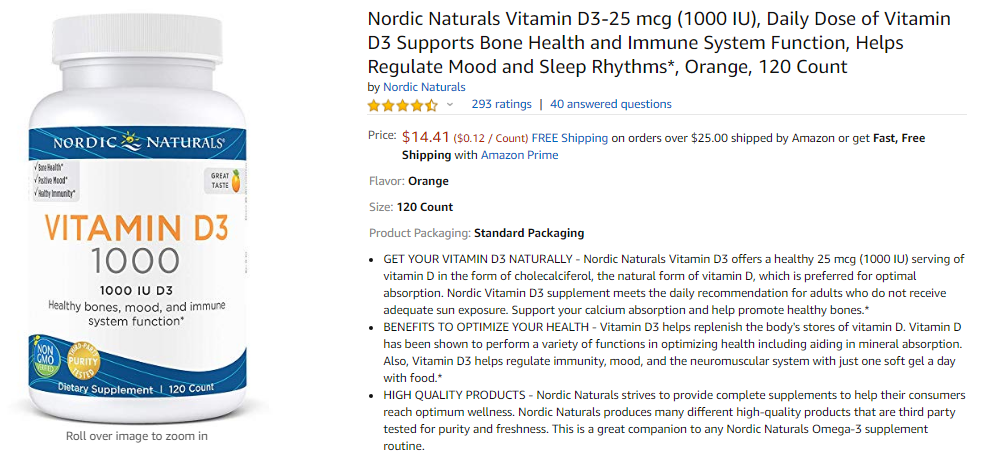
Like calcium, vitamin D is essential to bone health. It can also help reduce the risk of some cancers and heart disease.
Calcium absorption is enhanced in the stomach and intestines with vitamin D. Vitamin D can be obtained from tuna, salmon, and fortified milk, juices, and cereals. We also get vitamin D from exposure to sunshine which is produced in the skin.
If you are in your 50s, then vitamin D might just be the best supplement and vitamin for you. If you are undergoing the changes caused by menopause, then vitamin D can help support your health through this stage of your life.
Omega-3 Fatty Acids
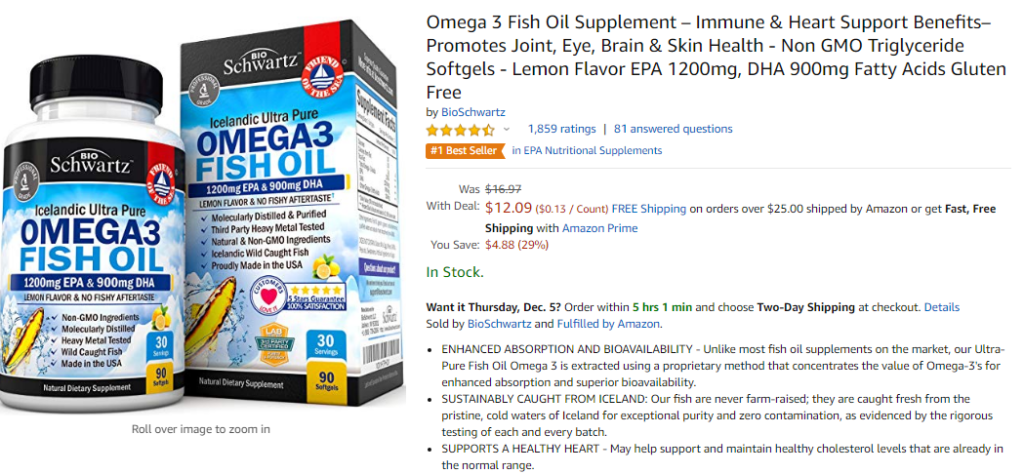
Omega-3 fatty acids support the health of the heart, eyes, and brain, and may even help prevent cancer. This is why it is recommended as part of a healthy diet.
Omega-3 fatty acids can be found in fish and some nuts and seeds. Fish oil which is found in cold-water oily fish like salmon, sardines and mackerel is a rich source of omega-3 fatty acids.
The risk and symptoms of various diseases including stroke, heart attack, some cancers, and rheumatoid arthritis, can be reduced with the intake of omega-3 fatty acids, according to studies.
Our bodies cannot produce omega-3 fatty acids on their own. This is the reason why we need to get them from food or supplements. We need supplements to ensure we are getting enough of these essential fatty acids.
Conclusion
You can make nutritional supplementation an integral part of your health regimen. But if you want to be truly healthy as you age, it is also important to maintain 3 important things – eating a balanced diet, doing regular exercises, and getting enough sleep.
.
